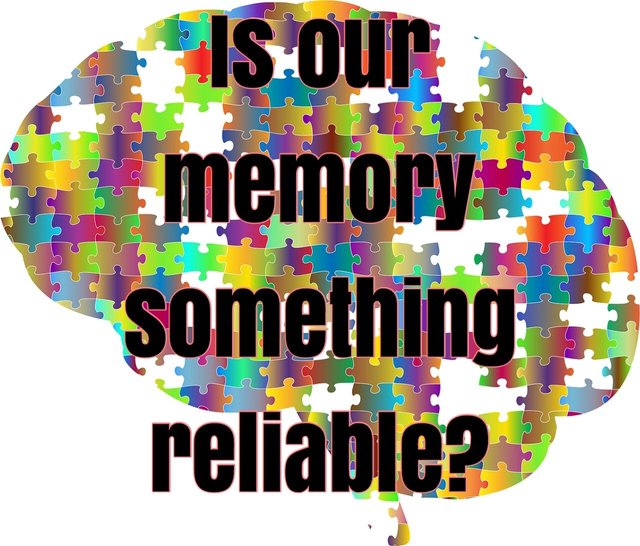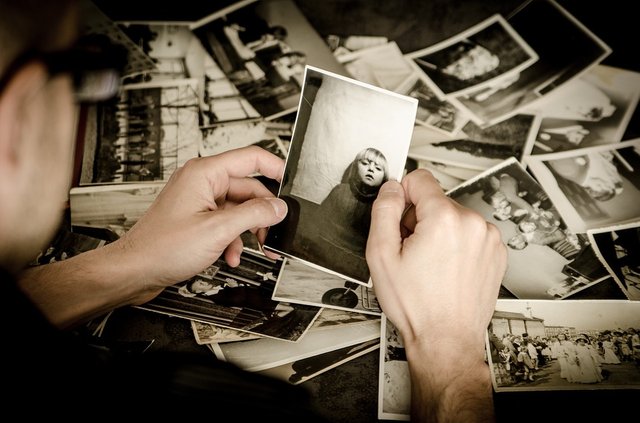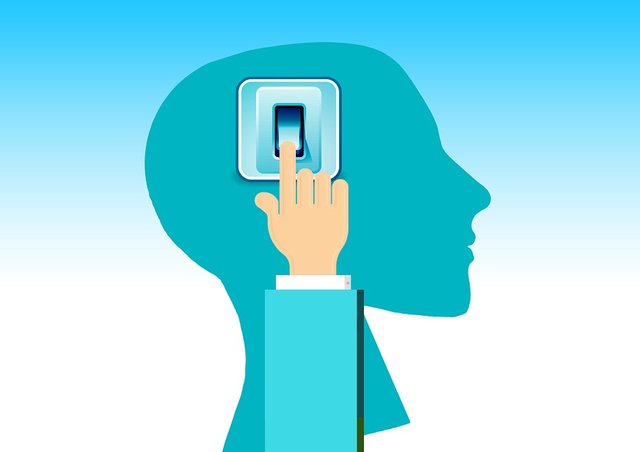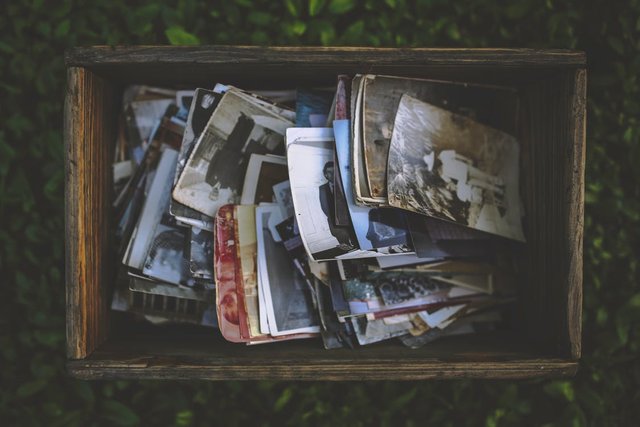Is our memory something reliable?

Our memory
Many people can think that our memory is a kind of storage where we put all the information about the things we remember. We can also understand the concept of memory as a kind of computer on whose hard disk we are saving all our learning, experiences and the life lessons we gather, so that we can use them when we need them later in life.
But the truth is that both points of view are wrong, or more precisely, incomplete.
Memory refers to the processes that are used to acquire, store, retain, and later retrieve information. | Source
Memory is the term given to the structures and processes involved in the storage and subsequent retrieval of information. | Source
What we store as memories are diverse sequences that represent the way in which certain groups of neurons are stimulated when we acquire new information.
What the brain stores is the recurrence, and particular pattern of neural circuits involved in learning. A specific fact is not stored, but the way in which the system works with that specific fact.
Then, when we remember something spontaneously, an image comes to our mind, what our mind does is to recreate this specific sequence again. And this is of great significance because this means that our memory can indeed, deceive us.
The memory is not recovered as it was stored, but rather we put recreate it whenever we need it by triggering the corresponding sequence.

The defects of our memory
People might think that we can remember the past with exactitude, but actually it is not like that. The brain is forced to redo the memory every time we decide to recover it, so it must be assembled again as if it were a puzzle that, to top it all, does not have all the necessary bits of information, since much of the data is not available because it was never stored in the first place or was simply filtered out.
The problem is that when activating this mechanism it works with blocks of information. This is why different memories can sometimes confuse us and we might end up with a mixed memory about 2 things that have nothing to do between each other, whether it is because they happened in different places or different moments.
When we remember a certain episode of our life, such as the day we leave the university, or when we get our first job, the recovery of that memory does not take place in a clean nor perfect way, as when, for example, we open a file in our PC, our brain must make an active effort to find the information that is scattered, and then, gather all those diverse and fragmented elements to present us with a version as solid and elegant as possible of what happened.
But of course, mistakes happen more often than not. So much so, that there is a phenomenon called The Mandela Effect that “occurs whenever a vivid personal memory is found to conflict with the historical record”. | Source
And we probably all have personal examples of being totally convinced about something, only to later discover that whatever we were remembering was wrong, a distortion of what really took place, we were deceived by our own mind.
The “Mandela Effect” is what happens when someone has a clear, personal memory of something that never happened in this reality.
Many people — mostly total strangers — seem to remember several of the exact same events with the exact same details. However, those memories are different from what’s in history books, newspaper archives, and so on. | Source
Just as is the case with our faulty perception of reality, the same, or something similar, happen with our memories of that same reality, the Mandela Effect has gained so much popularity that there are even some conspiracy theorist claiming that its some kind of proof about the existence of parallel realities or time traveling.

What can we learn from this?
The truth is, the mandela effect is nothing more than the proof our brain doesn’t function perfectly, and its memory system works in such a complex way, that its able to make us “remember” things that are actually wrong. There is nothing paranormal in this, the same way there is nothing “magical” when having hallucinations, its just another one of our long list of defects.
Potholes and blank spaces are filled into the brain by scraps of other memories, personal conjectures and abundant previously established beliefs, with the ultimate goal of obtaining a more or less coherent whole that meets our expectations. This happens for reasons.
As we said before, when we live a certain event, what the brain keeps is a sequence of that event. In the process, much of the information never gets into the memory. And if it enters, it is not saved effectively. That causes bumps in the process that take away coherence from the story when we want to remember it.
Then we have the problem of false and unrelated memories that mix with the real memory when we bring it to consciousness. Here something similar happens when we throw a net to the sea, we can catch some small fishes, which is what we are looking for, but many times we also find all sort of junk that was once thrown into the ocean: An old shirt, a piece of plastic, an empty bottle or any other random thing.
This happens because the brain is constantly receiving new information, consolidating the correspondent learning for which it often resorts to the same circuits that are being used for learning other different things, and this can cause interference.
Thus, the information that we wish to store in the memory can be fused or changed with previous experiences, causing them to end up being stored as joined information set.

Conclusion
The brain is an organ tasked with giving meaning to the world. In fact, it even seems that it feels an abhorrent hatred for uncertainty and inconsistencies.
Right now, billions of neurons in your brain are working together to generate a conscious experience -- and not just any conscious experience, your experience of the world around you and of yourself within it. | Source
And it is in its eagerness to explain everything that when it ignores certain information in particular, it can end up inventing them simply to get by. Therefore, our memory is about reconstructing past experiences, and as such, its vulnerable to multiple forms of obstructions and inaccuracy.
Have you ever experience having a false memory?
If so, how did you realize it was wrong, and why do you think it happened?
psychologytoday – mandela effect and Ben Carson
psychologytoday – the science of memory
Images sources
All images are from pixabay and pexels

If these titles sound interesting to you, I assure you the articles will be even better!

Why do some people tend to sabotage themselves?
Meet Crowd Machine: blockchain has just arrived to the cloud computing industry!
Let’s talk about emotional shocks!
Can emotions have an effect on our reasoning?
Let’s talk about thoughts, life and reality.
.jpg)



Often I knew what would happen in a place without being there. So this vu is very mysterious and it really happens as I knew it would be.
Yep, I have experienced the same. I even shared my experience when having a premonition when I was a kid. There are certainly a lot of things we have yet to learn about our reality and the way it works.
Good thing there are scientific discoveries constantly so we can increase our understanding about everything.
Memory is useful but not reliable... the Mandela effect is a weird phenomenon when multiple people all remember an event that did not happen. So weird.
Even though we can't perfect our memory at least we can improve it, there are a lot of people who even do memory competitions.
Yeah, its really a weird phenomenon, but I don't think is paranormal.
Memory exercises can indeed help a little bit, since our brain just as our muscle can be trained in order to improve.
Thanks for stopping by Matt!
I do come across some false memory, it may be even dejavu. Like this kinda scene happened before and I have a familiarity with it, but I just don't know why. Usually, I just proceed with what I am doing and ignore that.
Yes! Dejavus are interesting as well! The weirdest are when we feel it while doing something we know we have never done before.
Yup, that's the feeling I had right there!
That was really an outstandinding expository to memory....you really did justice to it.
Your point of view was quite understandable and i cannot but agree with you.
Kudos man
I am glad you think like that!
Since psychology is not an exact science, I do not agree 100% with what you are saying. It is an excellent article, but I am one of those people with an almost perfect memory of my childhood days - both the good ones and the bad ones. I agree that there can be some blips, but for me, I pretty much know what they are!
You are lucky for having a perfect memory pal.
Have you never been confused about a distant memory?
Every time I read about the Mandela effect, I am looking for the crazy mention to CERN and conspiracies. Of course, not here. Thanks for the nice post. This is not my field at all but I like your writing style. It reads pretty well :)
Yeah man, the conspiracies about that subject are crazy, but at least they are entertaining to read
Really appreciate your nice words :D
Being A SteemStem Member
This is an important thing for people to realize and remember. We definitely rely too much on our memories, when they are such fickle things. I will say, though, that the mandela effect phenomenon is so intriguing because it's not just about confused memories, but the occurrence of so many unrelated people having the same mistake in their memories. That's what's so eerie about it! Great idea for a post - thanks!
Yes the mandela effect has its weirdness indeed, but I don't think its something supernatural or anything like that.
Thanks!